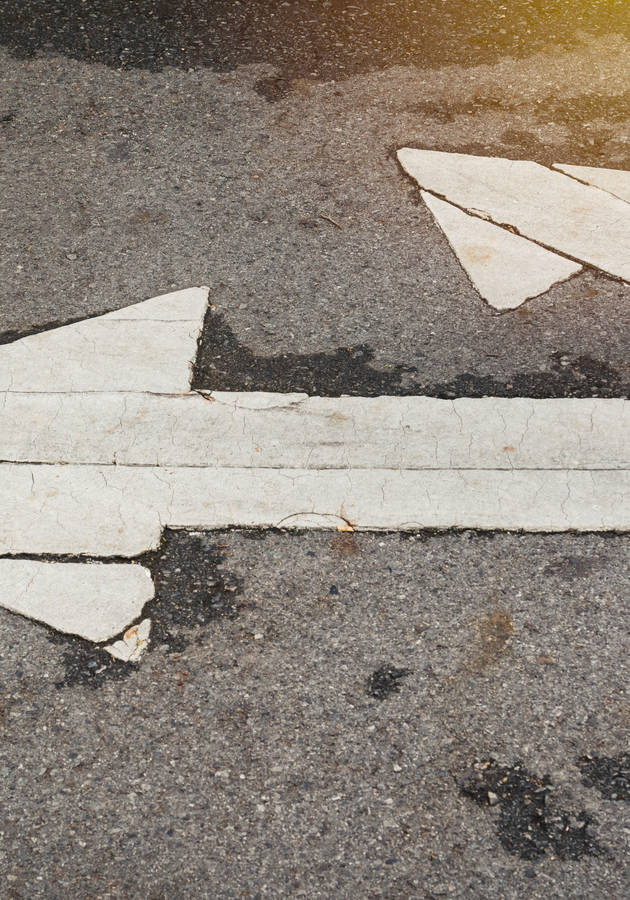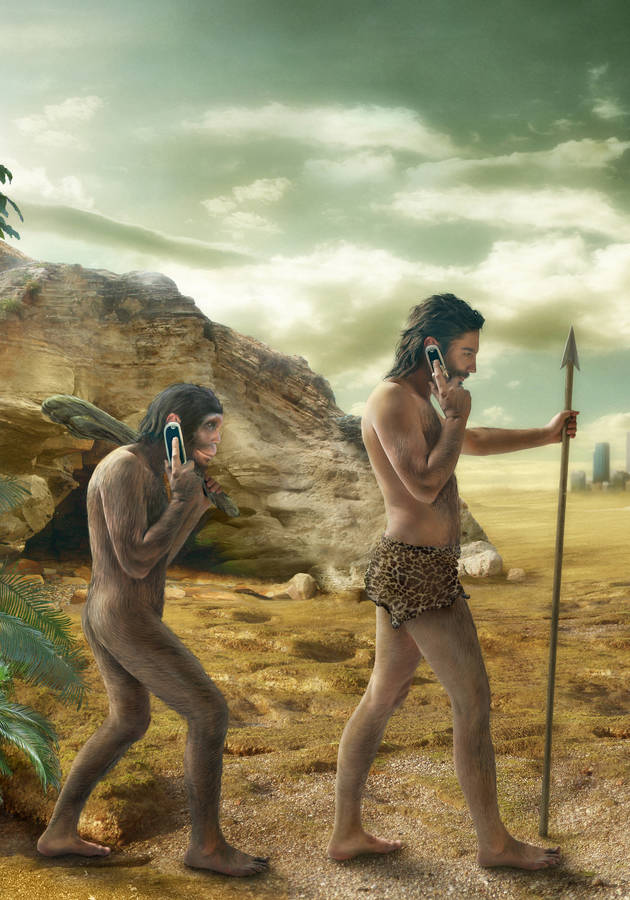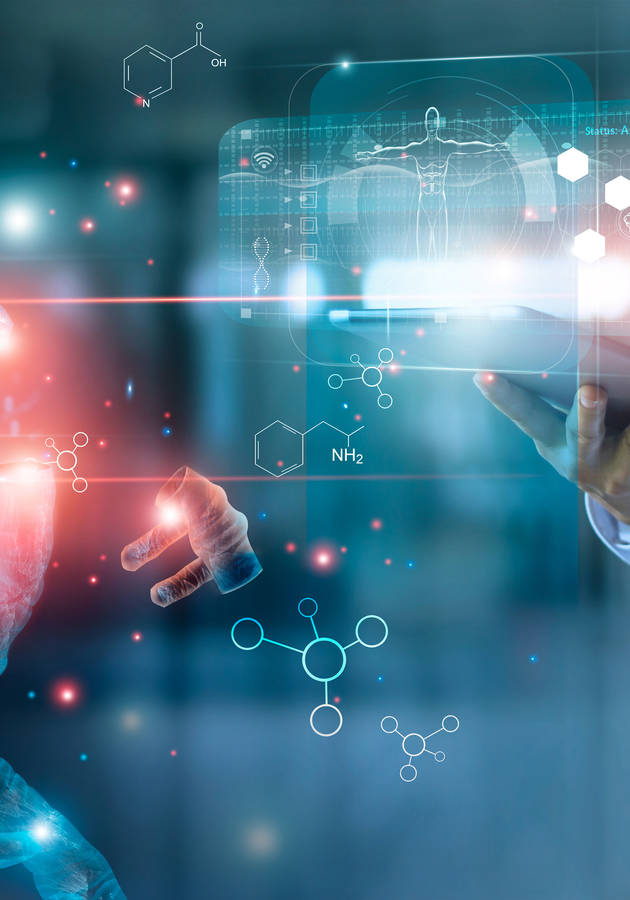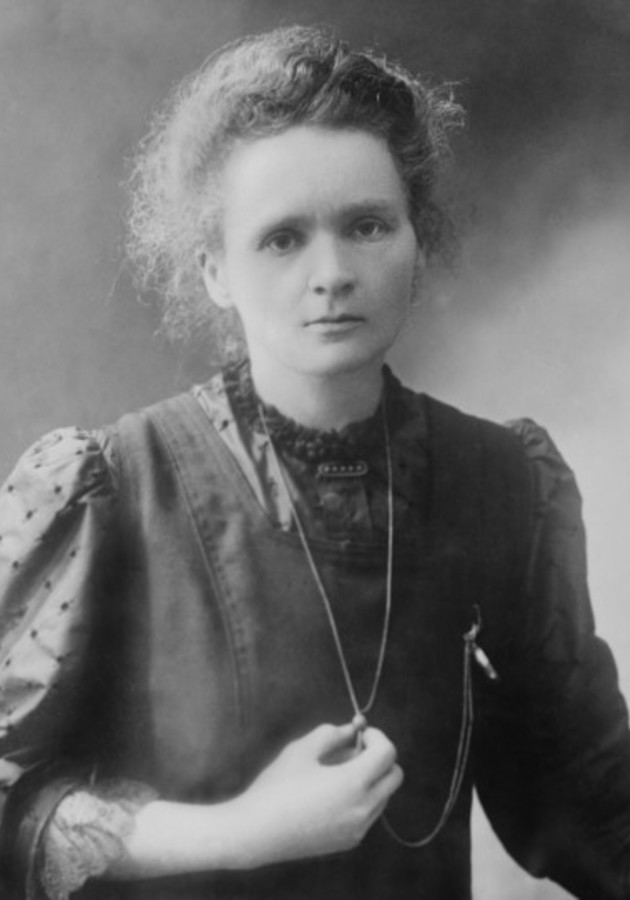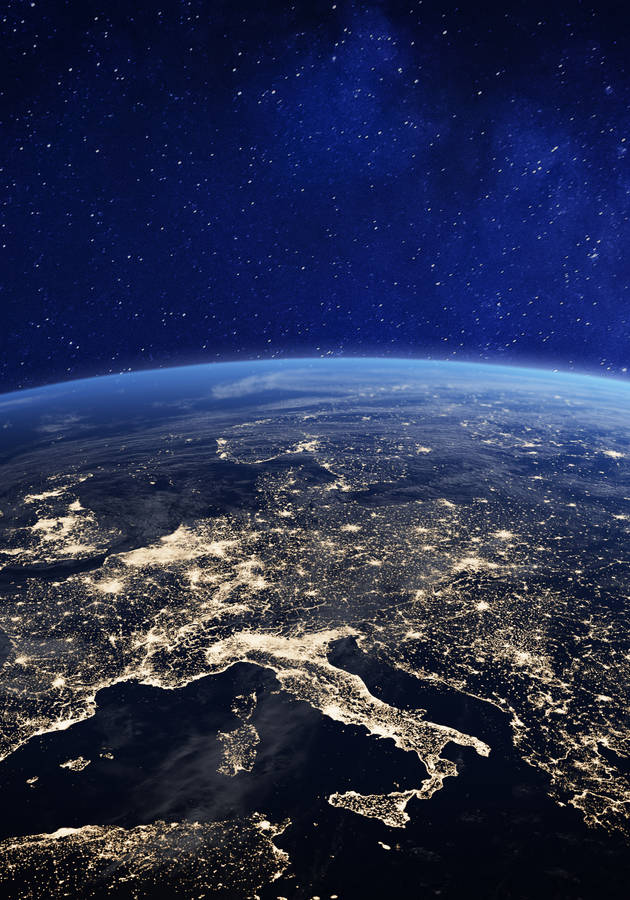Christiana Figueres and Tom Rivett-Carnac are often described as the architects of the 2015 Paris Agreement on climate change – one of the most important events in recent history. In “The Future We Choose,” they explain why this agreement is merely the beginning of humanity’s long and grueling but ultimately necessary journey toward redemption. And why this journey matters more than anything ever before.
So, get ready to hear all about the grisly future we’re heading toward lest we do something – and prepare to find out what you can do today to stop that future from ever arriving!
Choosing our future: the two worlds of tomorrow
The Industrial Revolution was a momentous event in the history of humanity. It set the foundations for a more peaceful and globalized world while raising the living standards for millions of people to previously unimagined heights. Unfortunately, “our post-Industrial Revolution lifestyles have caused massive damage to all our natural systems.” Half of the world’s tropical forests and coral reefs are already dead. The animal populations have, on average, declined by 60%. More than 1/10 of all surviving species are currently threatened. The Arctic summer sea ice is rapidly shrinking. The concentration of greenhouse gases in the atmosphere exceeds anything we have had since well before the last ice age.
In short, we’re heading toward a disaster of apocalyptic proportions. Fortunately – at least according to Figueres and Rivett-Carnac – there’s still some time to fix things. “Devastation is admittedly a growing possibility,” they argue, “but not yet our inevitable fate... The full story has not been written.” And in writing its denouement, we don’t really have that many options.
We have only two: to save or destroy our planet. In 2015, 184 countries agreed to this assessment when signing the Paris Agreement and committed to collectively limit the warming of our planet to “well under 2 degrees Celsius” (35.6 F). They realized that it’s barely a choice anymore, really. Because, as the Paris Agreement states, one of the following two scenarios will inevitably become our reality in the future:
- The world we are now creating. If we don’t change our lifestyles – and “if governments, corporations, and individuals make no further efforts than those registered in 2015” – we are heading toward a warming of at least 3.7 degrees Celsius by 2100 (38.7 Fahrenheit). Already by 2050, the air will be hot, heavy, acidic, and “clogged with particulate pollution.” It will also be deadly for millions of people, most of whom won’t even bother leaving their homes. There will be hurricanes and tropical storms capable of wiping out entire cities in a day. Vast regions will succumb to severe aridification and desertification. Wildlife will be a distant memory for most of the remaining world’s population. There will be suicides and migrants – plenty of suicides and migrants. And there will be millions of despairing children resenting their parents and grandparents for allowing this calamity to happen.
- The world we must create. Although we cannot turn back the clock on past emissions, we can still limit warming to no more than 1.5 degrees Celsius (34.7 Fahrenheit). And we can do that by cutting global emissions to half their current levels by 2030, and half again by 2040. By 2050, we can be at net zero. If so, three decades from now, the air should be cleaner than it has been since before the Industrial Revolution. There will be trees everywhere. True, people won’t be using planes that much for international travels, but high-speed rail networks will get them wherever they want at approximately the same time. Smart tech and artificial intelligence will prevent unnecessary energy consumption, switching off machines and appliances whenever not in use. Most homes and buildings will be self-sustainable. Food production will be communal. Communities will be stronger. Our children and grandchildren will be thankful. Their feelings and mindsets will differ profoundly from ours. They will not wonder whether something makes a profit for them or not – but whether its global cost is bigger than its universal benefit.
Who we choose to be: the three mindsets of today
The difference between the two worlds of 2050 is so enormous that one will not be wrong in thinking that different people are required to make these worlds happen. “Our current crisis requires a total shift in our thinking,” write Figueres and Rivett-Carnac. “To survive and thrive, we must understand ourselves to be inextricably connected to all of nature.
We need to cultivate a deep and abiding sense of stewardship. This transformation begins with the individual.” It’s just like Mahatma Gandhi said: we need to be the change we want to see in the world. This is neither a platitude nor an exaggeration: systemic change, paradoxically, is indeed “a deeply personal endeavor.”
For example, what if, centuries ago, we knew that we were not rational beings and that we couldn’t extract resources boundlessly while using them inefficiently? Would our economy be exploitative (in geological terms, provisional and temporary)? Probably not.
The above mindset no longer works: we know for a fact that we have reached not only the planetary boundaries but also the limits of our individualistic, competitive approach. Self-interest helped us become what we are today. However, lest we don’t change, it will also help us destroy our planet – and ourselves, for that matter.
So, it’s time to turn our attention to some different values and devise for ourselves a new attitude toward life – everything else, from our economy to our policies, will inevitably stem from this. Three innate human capacities, three age-old mindsets will prove fundamental in our pursuit to co-create a better world:
- Stubborn optimism. Some say that it’s too little, too late: we should have started doing something long ago. However, if our ancestors had thought like that in the past, we wouldn’t have been here in the first place. Rivers would have swept humans away; lions would have devoured their bodies. But we soldiered through – because we believed we could. Grittiness and determination are what stubborn optimism engenders. Optimism is not only about hope – it is also about rising to the challenge. Most importantly, optimism is infectious: it’s what can transform the dream of an individual into an effort of the collective.
- Endless abundance. We’ve been told by economists for centuries that, in a world of scarcity, we have to compete with others to get what we want – and that it is out of this competition that amazing things happen for everybody. And this feeling is so deeply ingrained in us that we still haven’t realized that there’s a big difference between perceived and actual scarcity. In the former case, competition might work; in the latter – and this is our present world – it leads to chaos and anarchy. Our only viable option today is collaboration, “the necessary engine for regenerating the biosphere and creating abundance.” We have to strive to create a world of “open source everything.” We should translate that old equation “my loss ↔ your gain” into a far simpler phrase: “our gain.” Endless abundance is not only about solar energy and regenerated soils and forests – it is about interhuman connections, global management, and solidarity. It is about co-dependence and co-creation, because, as things stand, either we’ll all win or we’ll all lose in the end.
- Radical regeneration. Nature is innately restorative. However, during the past two centuries, we extinguished its capacity for self-renewal. Being the only species conscious of this fact, we are the only ones who can turn the tide. Stop fooling yourself: the restoration of our planet is now almost exclusively a matter of intentional human intervention. And it’s also a matter of life or death: if we don’t “shift our action compass from self-centric to nature-aligned,” it’s not a question of whether humanity will stop existing – but when. Fostering the proper mindset is not easy, but it’s simple: just start submitting all your actions to this stress test. Ask yourself before doing anything: “Does this actively contribute to humans and nature thriving together as one integrated system on this planet?” If yes, green light. If not, red light. Period.
Doing what is necessary: 10 actions for a better future
There are a few other things you can do if you want to leave a better world – or any world – to your children. More precisely, there are at least ten things you must start doing right away. And here they are:
- Let go of the old world. Our fossil fuel-dominated present is beautiful – but unless it becomes our past, it will eradicate our chances for any kind of future. So, let it go. The price is much higher than the benefits. It’s time for us to “thank fossil fuels, retire them, and move on.”
- Face your grief but hold a vision of the future. “We cannot hide from the grief that flows from the loss of biodiversity and the impoverished lives of future generations,” the authors write. And yet, we must hold our heads high and keep our eyes on what’s to come. Think big and envision the world you want to live in. Then work toward it.
- Defend the truth. In our post-truth world, you are responsible for what you choose to believe. So, learn to distinguish between real science and pseudoscience. And don’t give up on climate deniers. Remember: you probably won’t change their minds with facts – but with love and understanding.
- See yourself as a citizen – not as a consumer. Enough is enough: stop buying things you don’t need, and start thinking about other people than yourself. Reduce, reuse, recycle. Dematerialize.
- Move beyond fossil fuels. Consider shifting to an electric vehicle. Or just use your bike more. And reduce flying as much as you can.
- Reforest the earth. Plant trees and let nature flourish. If you eat meat, try to abstain from this habit for one or more days in the week. The same goes for dairy as well.
- Invest in a clean economy. Accept the fact that economic growth is neither sustainable nor should be a priority anymore. Put your money where it matters: start divesting from the past (fossil fuels) and investing in the future (renewables).
- Use technology responsibly. Artificial intelligence can help solve some of our problems faster and better than us. It can also hinder our chances of success. Use it wisely – in a way that would accelerate our movement toward a regenerative future.
- Build gender equality. It’s stupid not to use 50% of our human potential in crises. More women on the decision-making tables mean better decisions for all.
- Engage in politics. Nothing is more important than this. It’s time to participate in nonviolent political movements wherever possible. It’s not about changing governments – it’s about changing and synchronizing policies. Globally.
Final Notes
Described as “one of the most inspiring books” ever written by bestselling author Yuval Noah Harari, “The Future We Choose” is not only a resounding wake-up call for humanity but also “a practically-minded manifesto for personal action in the face of climate change.”
As such – in the opinions of hundreds of intellectuals and entrepreneurs – it must be the most important book of our times. And that doesn’t seem like an exaggeration.
12min Tip
Challenge your consumerism immediately. Reduce daily energy use. Discover where your principal elected officials stand on climate change and write to them. Vote!
